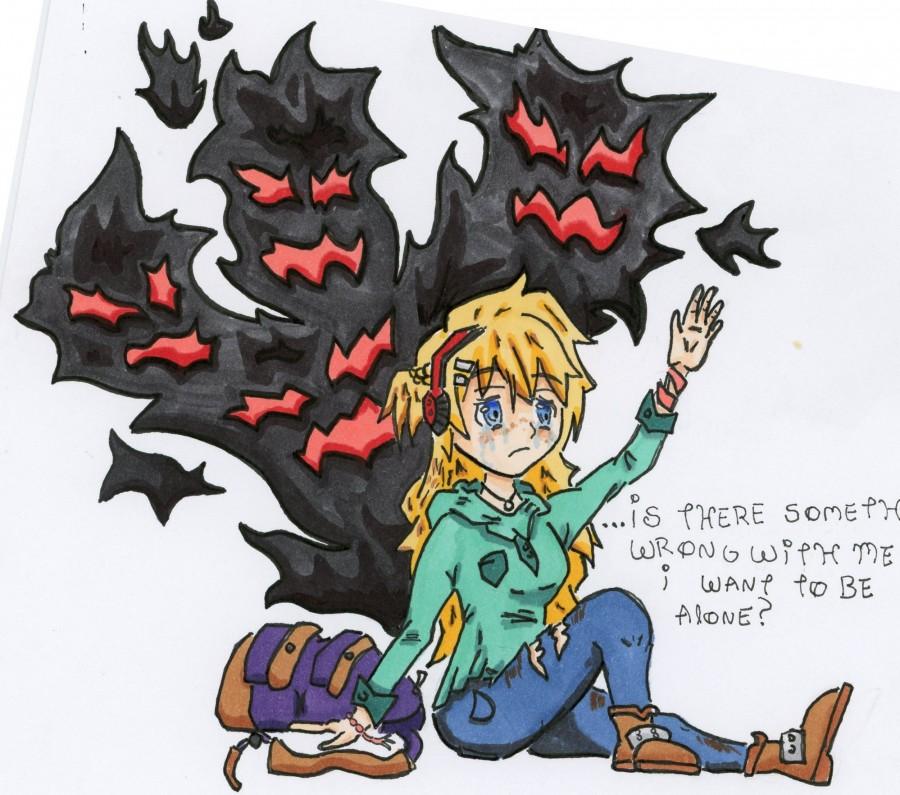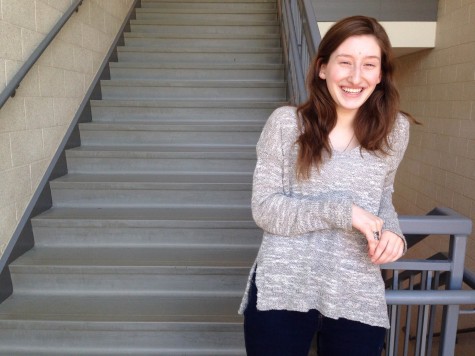Introverts: not anti-social, just misunderstood
June 3, 2015
Antisocial and shy.
Those two words are, by far, my least favorite words to date. As an introvert myself, I am vastly familiar with the stereotypes associated with introversion.
Contrary to popular belief, being an introvert does not mean I am shy. I can speak in front of classmates without panicking. I can attend social gatherings without feeling the urge to stay at home. I can behave like any other person. However, it’s the amount of socialization that I can withstand, that sets me apart.
In truth, my conscience does not let me act the same way extroverts do. Moreover, I am most comfortable when alone, but those rare times when my underdeveloped socialization skills are put to the test, there are consequences: it takes energy for me to go out and spend time with people. Even if I’m around someone familiar, hours of my time in the presence of others creates a sense of exhaustion that I can’t shake.
“Think of each of us as having a cup of energy available,” Huffington Post author Kate Bartolotta said in her article “What Is It Really Like to Be an Introvert?” “For introverts, most social interactions take a little out of that cup instead of filling it the way it does for extroverts… When the cup is empty though, we need [alone] time to refuel.”
However, alone time is happening less frequently when things such as school and work all but consume our lives and force introverts especially, to interact with multiple people on a daily basis.
As Susan Cain has explained in her book “Quiet: The Power of Introverts in a World That Can’t Stop Talking,” the world we live in is built for extroverted people.
School in particular, provides more support for extroverts. Classroom activities such as group discussions and presentations may mean nothing to the extrovert who benefits from high stimulation and contact with others, but it can prove to be a stressful experience for introverted people.
“[Introverts] have to learn to deal with classrooms full of extroverts, noise, organized chaos, and crowds,” said Jill Burruss and Lisa Kaenzig in their article “Introversion: The Often Forgotten Factor Impacting the Gifted.”
The idea of being around large amounts of people for six hours a day creates a sense of panic, and I feel discomfort when I think about enduring it five times a week. In school, I dislike the crowded feel that accompanies the hallways, and in class, I have no desire to be called on.
Furthermore, teachers appear to pose the biggest threat. They may view an introverted student as someone with social anxiety, and not just as someone who has a more reserved personality. This assumption leads to friendly persuasion in attempts to get the student to become more outgoing and talkative in large groups.
Nevertheless, there needs to be a change in the way that society views people. Someone that stays home all weekend is not necessarily lonely. They are not unhappy. They are not shy, timid, nor antisocial. They may simply be an introvert who values solitude over socialization.
And that’s okay.










